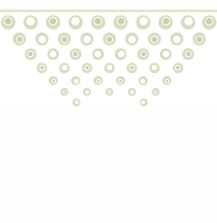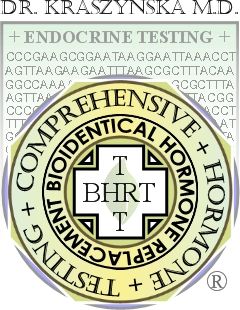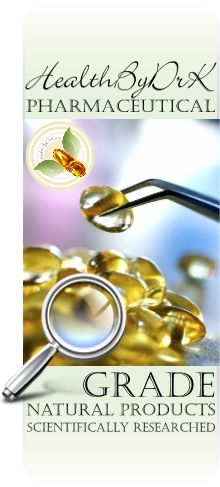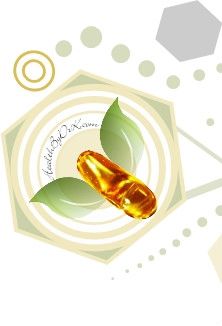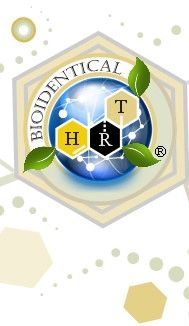MyBioidenticalHormones.com
Balancing hormones...
to regain...
a paramount quality of life™
1-847-253-0557
Taking the needed steps to ensure normal testosterone levels.
Smoking, drugs, anabolic steroids, and environmental chemicals
such as pesticides, herbicides, synthetic fertilizers, inhibit
testosterone production, disrupt normal testosterone levels in men.
4. Potent Alkaloids effect normal testosterone levels in men
Nicotine, marijuana and other drugs decrease secretion of LH (luteinizing hormone) which is necessary for testosterone production. For those wishing to maintain healthy testosterone levels, these substances should be avoided.
5. Pesticides and testosterone
Pesticides, herbicides, synthetic fertilizers, fungicides, etc. including the garden variety (often times referred to as "lawn care") are xenoestrogens (gonadotoxic agents). Pesticides are endocrine disruptors; they behave as female hormones upon entering a man's body. Even short term exposure to low levels of pesticides has been linked to reduced sperm formation, testicular cancer and countless other degenerative diseases. Men who avoid the use of pesticide applications have a reduced risk of developing hormonal imbalances. Avoiding these toxic substances is fundamental in order to protect your testosterone levels and your hormonal health.
6. Use of anabolic steroids
Anabolic steroids are often used to enhance muscle mass.
Anabolic steroids can suppress the body's own production of testosterone.
7. Environmental chemicals effect normal testosterone levels in men
Environmental toxins such as pesticides and phthalates can exert an extremely negative influence on the body's hormonal balance and reproductive function by acting as "false messengers". When a chemical substance, for example, a pesticide enters a human body it behaves like a toxic form of the hormone estrogen. These chemical substances are classified as xenoestrogens because they create detrimental estrogenic effects to the body and have been known to lower testosterone levels.
Chronic low dose exposure to xenoestrogens causes depressed testosterone production, affects the health of sperm cells and can lead to infertility. These chemicals can also contribute to obesity and insulin resistance. Clinical researchers reported that phthalates were detected in the urine of a majority of obese men who also had low testosterone levels. A 2006 study in
 What are normal testosterone levels in men? What is low testosterone?
What are normal testosterone levels in men? What is low testosterone?
Normal testosterone levels in men
What are considered to be normal testosterone levels in men are often related to age. There are different "normal ranges" for each age group. The highest normal levels of testosterone in men are from age 18 to the late 20s. When men grow older, the range for normal testosterone levels declines. For example, normal testosterone levels for men in their 30s are lower then normal testosterone levels for men who are 20 years of age. The decline of testosterone levels in men occurs gradually and is considered to be normal aging. Age related testosterone decline (that happens during andropause "male menopause") in men is progressive at a rate of 1 percent per year. A significant decline from normal testosterone levels in men is called hypogonadism.
The American Association of Clinical Endocrinologists defines hypogonadism as "a free testosterone level that is below the lower limit of normal for young adult control subjects. Previously, age-related decreases in free testosterone were once accepted as normal. Currently, they are not considered normal. Patients with low-normal to subnormal range testosterone levels warrant a clinical trial of testosterone".

Normal testosterone levels in men, defining low testosterone levels
Low testosterone levels in men are defined as a decrease in the normal level of the hormone testosterone produced by the testes as reflected by laboratory tests results.
The levels of testosterone in blood are evaluated by measuring total testosterone and free testosterone. Testosterone in men is considered low when the levels of total testosterone drop below 300 ng/dl. The free testosterone level is considered to be low when it is less then 18 ng/dl. These values are not age adjusted. The symptoms of low testosterone vary widely and may be insidious. Some men may not be aware that they have low testosterone levels. Optimal, normal testosterone levels in men may be different for each individual person.

Decline of the male hormone testosterone -
during andropause, male menopause
Due to the fact that testosterone production diminishes gradually over a period of many years, the symptoms of andropause or male menopause may be attributed to totally different conditions and treated symptomatically.
Men who experience mood instability as a result of andropause, male menopause, and a decline in testosterone levels may be treated for depression and prescribed anti-depressants. It has to be mentioned that anti-depressant medications may negatively affect libido and can worsen the symptoms of erectile dysfunction.
The overall quality of life for an andropausal man decreases with low testosterone levels even when the symptoms of low testosterone levels are not obviously detectable. Often times allopathic physicians have a tendency to disregard the symptoms of andropause, male menopause and this decline in testosterone levels. The symptoms of andropause or male menopause are usually attributed to aging. Frequently, men with low testosterone levels are advised by their allopathic doctors that they should accept the effects of low testosterone as an inevitable part of "normal aging".

